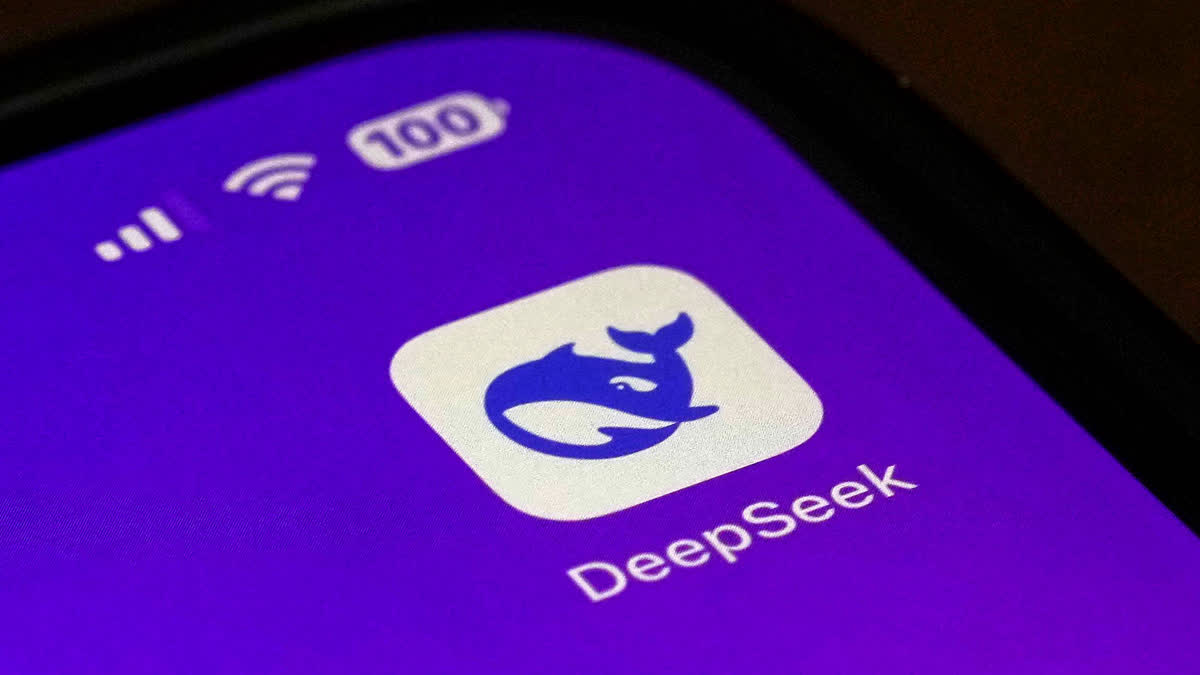Washington: A bipartisan duo in the US House is proposing legislation to ban the Chinese artificial intelligence app DeepSeek from federal devices, similar to the policy already in place for the popular social media platform TikTok.
Reps Josh Gottheimer, D-NJ, and Darin LaHood, R-Ill, on Thursday introduced the “No DeepSeek on Government Devices Act," which would ban federal employees from using the Chinese AI app on government-owned electronics. They cited the Chinese government's ability to use the app for surveillance and misinformation as reasons to keep it away from federal networks.
“The Chinese Communist Party has made it abundantly clear that it will exploit any tool at its disposal to undermine our national security, spew harmful disinformation, and collect data on Americans," Gottheimer said in a statement. “We simply can’t risk the CCP infiltrating the devices of our government officials and jeopardizing our national security."
The proposal comes after the Chinese software company in December published an AI model that performed at a competitive level with models developed by American firms like OpenAI, Meta, Alphabet and others. DeepSeek purported to develop the model at a fraction of the cost of its American counterparts. A January research paper about DeepSeek's capabilities raised alarm bells and prompted debates among policymakers and leading Silicon Valley financiers and technologists.
The Associated Press previously reported that DeepSeek has computer code that could send some user login information to a Chinese state-owned telecommunications company that has been barred from operating in the United States, according to the security research firm Feroot.
Gottheimer cited security concerns as the main reason for introducing the bill.
“It was enough of an alarm that I thought we should immediately ban it on all government devices and make it clear to the public of the risks. I think that’s a critical first step,” Gottheimer told The Associated Press. “Americans should know the impact on their personal privacy and data, especially because we know that Americans are sharing proprietary information on AI chatbots, highly sensitive information, documents, contracts, and the like.”
